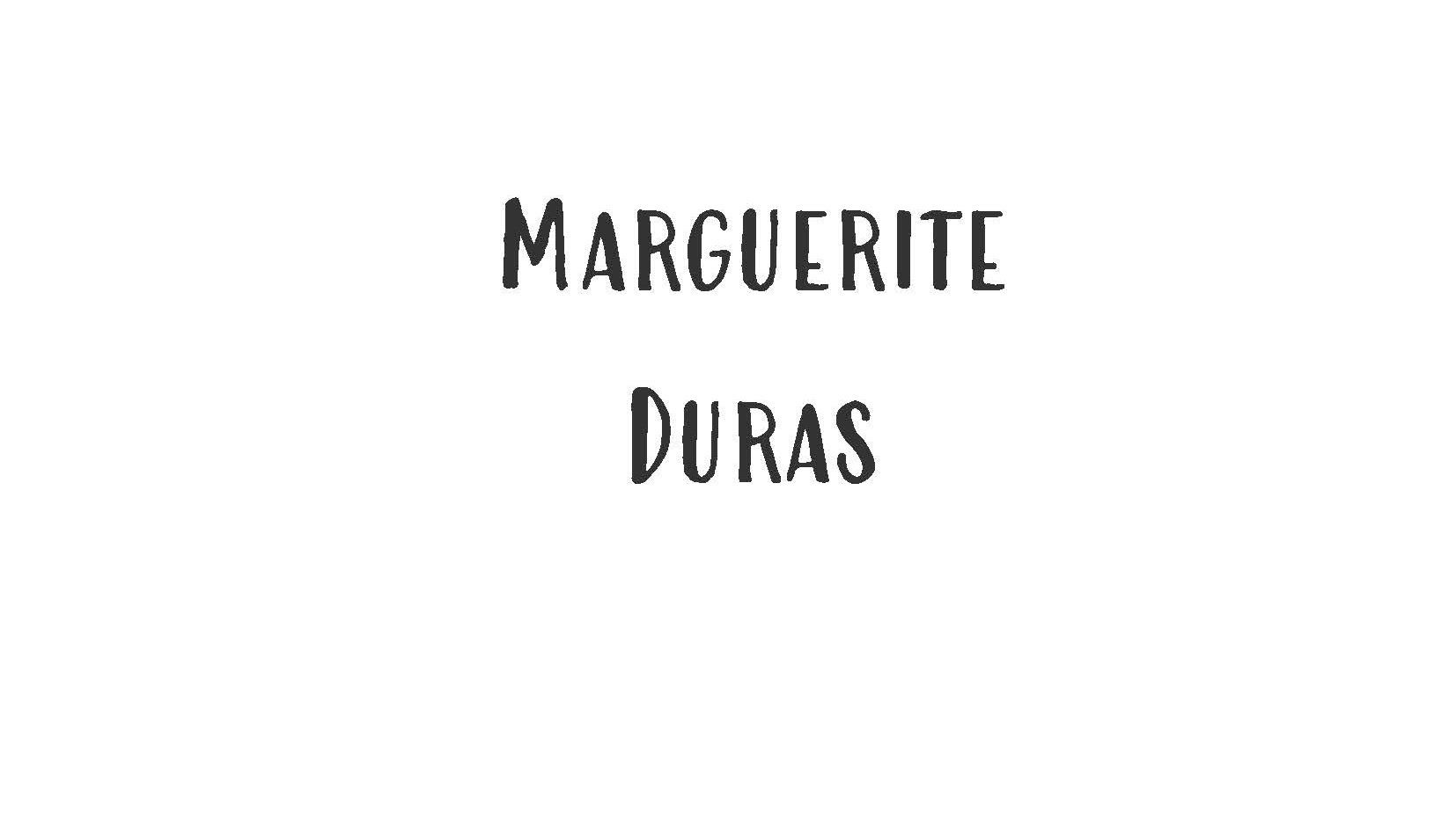I'm too young to have seen The Doors live, even if I discovered their music on stage. It was on September 1993 at the Centre Georges Pompidou, which is a well-known museum but a theatre as well.
On schedule, Jours étranges, a contemporary dance show called after the Doors’s album and entirely organized around each song, until the last one, When the Music’s over. The choreographer, Dominique Bagouet, had just passed a few months before and the theatre company had decided to propose a tribute to his memory.
Bagouet was a young and brilliant creator. He had studied with Martha Graham, Merce Cunningham and Trisha Brown, among others, and had participated to create the so-called "new French dance", a revolution in the landscape of live arts.
This representation, in 1992, was doubly moving: because of the intrinsic force of the show, founded on the fluidity and harmony between the music and the choreography and between each dancer of the team ; and because the death of Bagouet, due to AIDS, was one more casualty on the long list of the epidemic.
I saw this show several times later, thanks to The carnets Bagouet, a kind of living memory organized by the dancers of the team. Thanks to this initiative, Bagouet's work entered immediately at the patrimonial repertoire, for the choreography and the pedagogy as well.
In 2019, Christophe Honoré, a great movie's and theatre director, had opened his beautiful play The Idols with the description of this 93's performance, where he was present as well. He used the exact words I had in mind to describe the emotion I had felt.
From then, for me The Doors's music is linked with the space sculptured by Bagouet's choreography.










